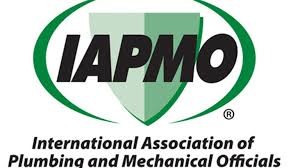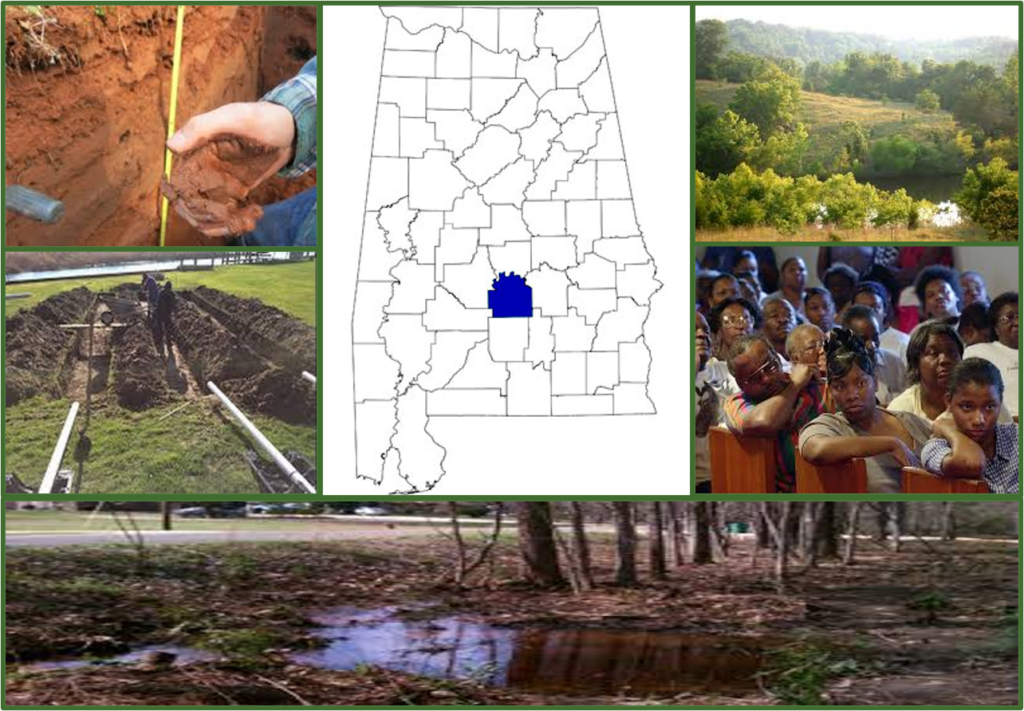

Wastewater poses significant challenges when improperly managed, which results in environmental hazards and health risks. While many of us enjoy the convenience and security of utilizing our homes for basic needs such as bathroom use, washing dishes, and laundry, the situation is drastically different for low-income rural residents in Lowndes County, Alabama.
In this area, where the majority of homes lack connectivity to local or municipal wastewater management systems, residents heavily depend on septic and well systems located on their properties. Unfortunately, approximately 75% of low-income individuals in rural Lowndes County are disconnected from municipal utilities. Moreover, county residents face the additional challenge of having clay soil, which is virtually impermeable.
These particular soil conditions, coupled with decades of persistently high poverty levels, have generated hazardous living conditions that include dilapidated housing, and sewage backups in their homes due to failing septic systems.
Due to the inability to afford a specialized septic system, low-income residents in Lowndes County with no septic system, use straight pipes to manage wastewater.
The use of straight pipes involves releasing raw, untreated sewage directly onto the ground, resulting in severe environmental hazards to waterways and imminent health risks to low-income children and families and their surroundings.
The Lowndes County Unincorporated Wastewater Program (LCUWP) is working diligently to improve the quality of life of rural Lowndes County residents through the Septic Tank Replacement, Housing Rehabilitation, and Community Educational Outreach programs.











Septic Tank Replacement
Housing Rehabilitation
Community Education
General Operating Support



